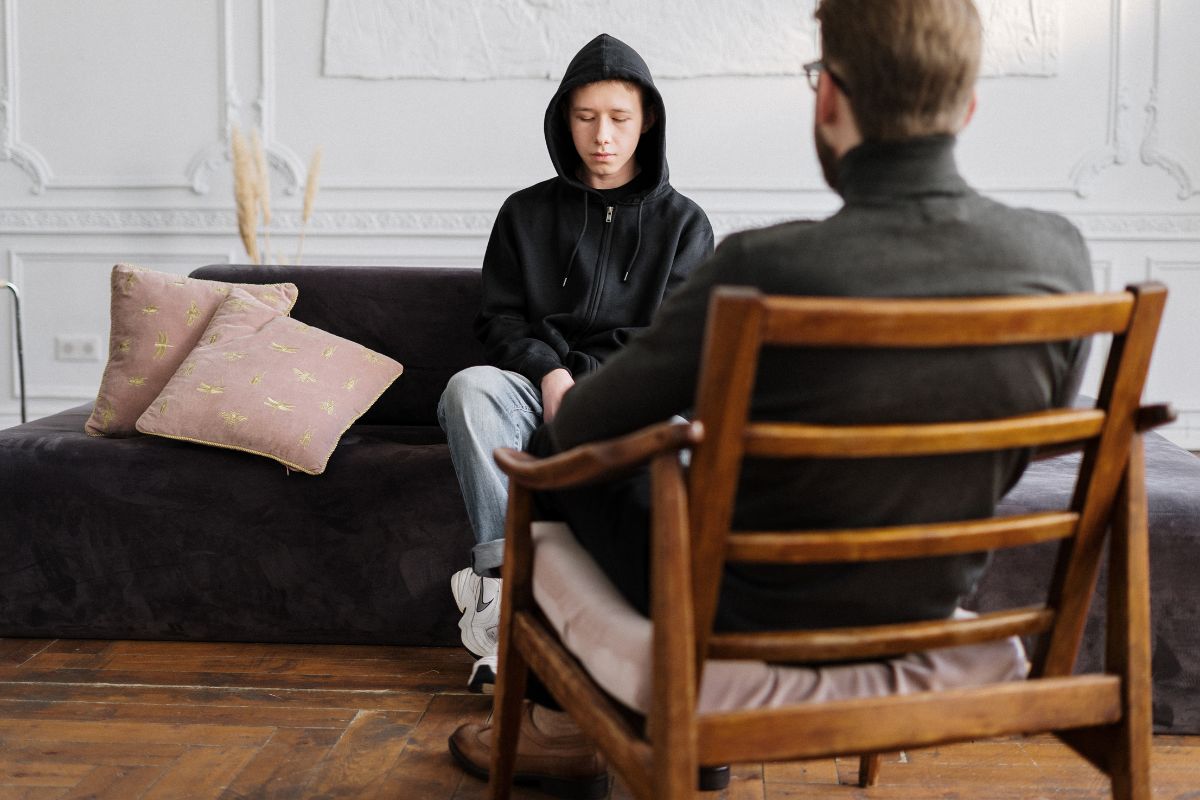Nearly two in five students say their mental health has declined since starting university

New research that explores the mental health of almost 13,000 students and graduates, has found that 39% say they experienced a decline in their mental health after starting university.
The annual Cibyl Mental Health Study, published today (2 November 2023), is based on a survey of 12,796 students and graduates from more than 140 universities. The survey was conducted by market research consultancy Cibyl (part of Group GTI) in partnership with Accenture, Imperial College London and Universities UK. The work was also supported by mental health charity Student Minds.
The survey found that half of students worry about their mental health either daily or weekly and only 23% say they feel they have no mental health difficulties. Money worries, not finding a job, feeling ‘not good enough’, are their major concerns. But there are signs things are getting better since the pandemic. The number of students currently facing mental health difficulties has dropped from 35% to 29%.
Rising prices are a major concern for students. Over 7 in 10 students say money worries have caused a decline in their mental health. Only one in five students have said that their mental health has not been affected by the cost of living crisis. “ The cost of living is too high to go outside and socialise often, so I just have to stay back home alone”, said one student.
Dealing with loneliness is a big challenge for students. Nearly three-quarters of students have felt lonely or isolated in the 12 months leading up to the survey. Student respondents with low mental health were likely not to have made friends at university, or say the friendships they had made were of poor quality. Almost 1 in 5 (17%) students said they have no friends at university.
The availability of mental health support increasingly impacts where students choose to study and work. 58% of students say robust support provision is important to them when they choose a university, a significant increase from 45% in 2022 and 31% in 2021. And 81% of students say mental health provision is important when choosing an employer, up from 51% in 2022 and 32% in 2021.
Additional findings show:
- Although the transition into university can be a challenge, it is students in the middle and final year of their studies that report greater mental health challenges.
- 94% of LGBTQ+ students have experienced mental health challenges. Other groups that are also more likely to experience mental health challenges include female students, White students, and those from low-socio economic backgrounds. All report above average mental health challenges.
- Disabled students are nearly twice as likely to experience depression and anxiety, and more than twice as likely to have acted on suicidal thoughts.
- Despite 50% of respondents reporting worries about their mental health daily or weekly, only 3 in 10 of respondents say they used university mental health support services.
- 2 in 3 (67%) students are anxious about not being good enough or doing well enough. 61% worry about exams and other key deadlines.
- 57% of students are worried about finding a graduate job, and for graduates in work, more than 1 in 5 (22%) fear they may lose their job.
- Even when students have left university and started work money worries continue: 79% of graduates with a low mental health score worry about money daily or weekly.
Lisa Maris, Head of Research, Cibyl, said:
“Over the last three years over 30,000 students and graduates have told us how they feel about their mental health. Although there are some signs this year that the prevalence of mental health problems is falling slightly, our research shows that nearly half of all students have, or have had, mental health problems.
“Through this report, we aim to increase awareness around mental health even further. We hope the findings from this research will help support the call for further change and improvement in young people’s mental health support.”
Professor Sir Steve West CBE, Universities UK mental health policy lead and UWE Bristol’s Vice-Chancellor, President and Chief Executive Officer, said:
“The results of this year’s annual Cibyl student mental health survey will not surprise anyone working in the sector. We’re seeing record numbers of students reporting poor mental health and soaring demand for university support services.
“Some of this can be put down to a wider context of worsening young adult mental health and an understaffed and underfunded NHS which is not meeting clinical need. We also need a joined-up approach across the wider education sector to ensure well-being is a priority from school through to higher education and into employment.
“But we as university leaders also have a crucial part to play in ensuring that our universities are mentally healthy. Are we embedding wellbeing within our teaching? Are we creating inclusive learning communities? Are we reviewing our own leadership through the lens of mental health? It is time that we did.”











Responses